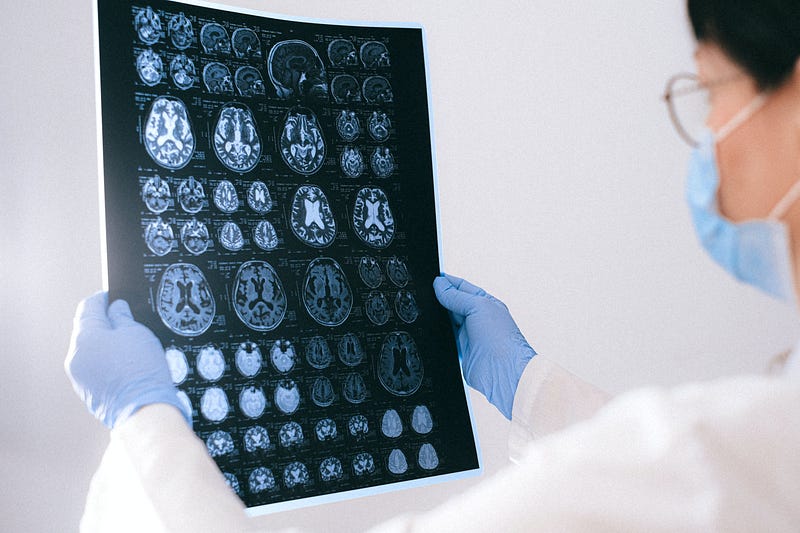Exploring Ethical Challenges in Human Enhancement Technologies
Written on
Chapter 1: Introduction to Human Enhancement
The intersection of science and technology with ethical, social, and philosophical considerations arises in the realm of human enhancement. As researchers investigate methods to augment human physical, cognitive, and emotional abilities, they must navigate substantial ethical hurdles and limitations.
Human enhancement encompasses the use of technology to elevate human capabilities beyond standard levels. This domain includes various avenues such as cognitive improvements through brain-computer interfaces, physical upgrades via prosthetics or genetic alterations, and emotional enhancements through mood-modifying interventions. The impetus for research in this area often stems from the desire to transcend limitations, enhance the quality of life, or tackle health challenges. Cognitive advancements target enhancements in memory and processing speed, while physical enhancements aim to boost strength and sensory perception.

Chapter 2: Ethical Constraints of Human Enhancement
As human enhancement research progresses, it raises critical ethical concerns regarding fairness, accessibility, and the potential for social stratification. The emergence of a class of “enhanced” individuals brings forth significant implications for social equity and justice.
The first video, The Scientific and Ethical Elements of Human Enhancement, explores the intersection of ethics and scientific advancements in human enhancement. It discusses the moral implications of these technologies.
Unintended Consequences
The unpredictable nature of human enhancement presents a considerable constraint. Genetic modifications may produce unforeseen effects on future generations, given the intricate interplay of genetic and environmental factors.
Safety Concerns
Ensuring safety in human enhancement interventions is paramount due to potential health risks and long-term consequences. Striking a balance between innovation and safety is essential to prevent adverse outcomes.
Regulatory Gaps
The rapid advancement of human enhancement technologies often outpaces regulatory frameworks, leading to significant oversight and ethical consideration gaps. This lack of clarity can result in misuse and uncontrolled progress.
Equality and Access
Concerns about equality and accessibility arise when human enhancements are only available to those with financial resources. This disparity could exacerbate existing social inequalities, creating a divide between those who are enhanced and those who are not.

Social and Cultural Acceptance
Cultural norms, religious beliefs, and societal values shape varying attitudes toward human enhancement technologies across different societies. Reaching a consensus on what is ethical and acceptable in this field is a complex, evolving challenge.